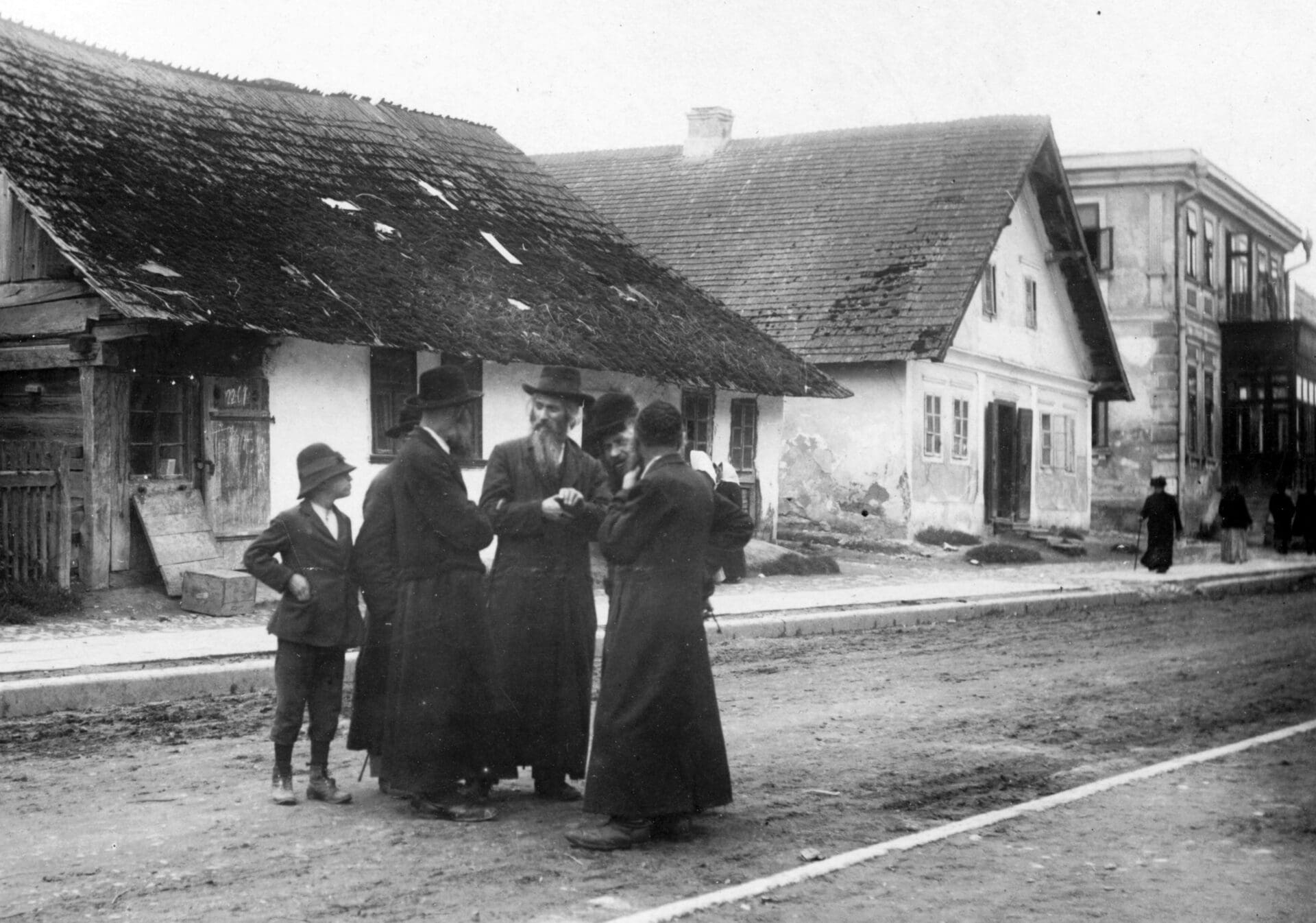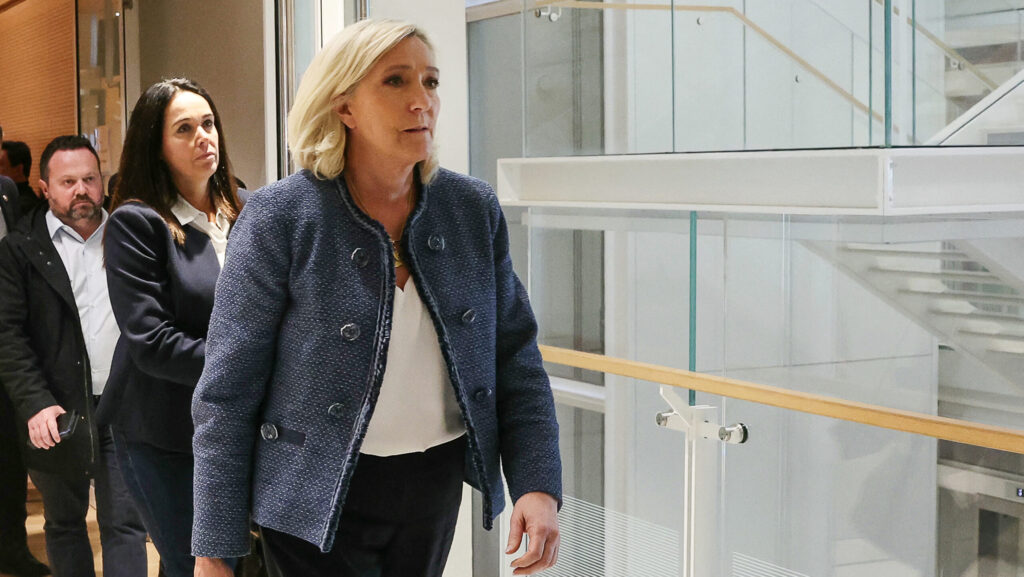Generational differences at the turn of the century did not only divide the right, but also liberal Hungarian Jewry. As we highlighted in an earlier article, much of the accusations formulated against their Christian fathers by prominent figures of the post-WWI nationalist right revolved around the supposedly soft-handed treatment of Jews. As the editor of the Jewish weekly Egyenlőség (Equality) Lajos Szabolcsi aptly summed up: ‘The fathers… made a mistake when they gave freedom to the Jews [or so they say]’.[i] The 37-year-old racialist Sándor Kiss wrote: ‘To praise Jews above all else: this was the moral alpha and omega of this shameful generation.’ According to him, their fathers ‘inherited an intact country from their grandfathers’, but squandered ‘the constitution, the frontier, the army, our society, our national literature’ and ‘our honest women’. ‘Our daughters have been raised into insolent wenches devouring Jewish literature’, they were made ‘lecherous, their souls had been traded to the Jew’. ‘This is the inheritance our fathers left to us’, his tirade went. [ii]
Interestingly, however, his opinion on the issue was not very different from the outbursts of Communist Jews who were similarly frustrated with their wealthy parents, or those of Zionist Jews who were dissatisfied with their assimilationist fathers and mothers. A representative of the fourth generation, the Communist György Lukács believed that his rich banker father ‘will get to keep his fortune’ only if ‘I am hanged’, while Mátyás Rákosi, who served as a People’s Commissar during the 1919 Communist regime, spoke of ‘breaking up’ with his religious parents.[iii]
Lajos Simon, then only 29, the former founder of the Zionist Maccabea association, assessed Gyula Szekfű’s Three Generations from a Zionist point of view: as he wrote,
Jews must abandon liberalism if they want to ‘remain Jews’,
although his hopes were not high. ‘From this disease of the fathers, the sons have not yet been cured. In the Jewish public life there is still more talk about liberalism than there should be’.[iv] József Schönfeld, who at 37 was one of the older Zionists, feeling that he could not speak for the third generation, declared in his review of Szekfű that the third, ‘destructive’ generation had been ended by the fourth, Zionist Jewish generation, and that ‘this is the new Jewish generation which will certainly be sympathetic to Sándor Pethő! [editor of a then far-right newspaper.]‘.[v]
His lines echoed those of József Patai, then 39, editor of the culturally Zionist Múlt és Jövő (Past and Future): the ‘clash of two generations’ was the conflict between Assimilationists and Zionists, but Patai’s paper drew an even clearer—and, to today’s eye, more surprising—parallel. In response to Catholic priest and writer Béla Túri’s question as to where the fourth generation of Jewry was in this conflict, the paper replied that if the fourth generation of Hungarians was the one ‘which has now awakened [and] inaugurated the Christian system’, then the fourth generation of Jewry—the ‘Jewish equivalent’ of the contemporary right—were the Zionists.[vi]
And just as some Christians had trouble accounting for their role in the 1918 Aster Revolution and the 1919 Communist coup d’état,
some Jews also had difficulty facing their role in these events.
A regular contributor to Múlt és Jövő was one Wolf Ekstein, a religion teacher who lived in Budapest. Ekstein, during the Károlyi Revolution and the Soviet Republic wrote enthusiastic articles about the rabbis of the Soviet Union who were explaining Marx in Yiddish and defeating the evil capitalist Jews.[vii] Then the same Ekstein wrote in one of the first issues of the same paper after the fall of the Soviet Republic that Jewry had always been against Communism—a fast change of opinion.[viii] Lajos Szabolcsi, the already mentioned editor of Egyenlőség, described Károlyi in his memoir as a dilettante in collusion with anti-Semites, whose incompetence played an almost greater role in the later White Terror than Horthy. He clearly forgot about his own editorial of 2 November 1918, in which he advocated for the confiscation of the Catholic press and armed Jewish action against it (!),[ix] nor did he quote his own letter to Ignác Goldziher on behalf of ‘the Hungarian Jewry’ on the day after the outbreak of the Aster Revolution, in which he said that ‘we will be one of the main pillars of the fateful events’.[x] And although Szabolcsi had not compromised himself during the 1919 Commune, he carefully weeded out the self-definition ‘socialist’ from one of his contemporary statements, which he republished in his memoirs.[xi]
The above shows that, despite their squabbles and quarrels, the writings of nationalist Hungarian and Jewish authors did have some common ground: the critique of their fathers and grandfathers, treading carefully with regard to the legacy of communism, and confused attempts at finding their place in the new system.
[i] Egyenlőség, 11 Dec. 1920.
[ii] Hazánk, 10 Apr. 1921.
[iii] Tibor Hajdu, Károlyi Mihály, Budapest, Napvilág, 2012, 8. and József Szekeres, ’Egy dokumentum története. Rákosi Mátyás 1925. évi rendőrségi és ügyészségi vallomásainak jegyzőkönyve’, Történelmi Szemle, 1991/1–2. 92. Footnote no. 5.
[iv] Zsidó Szemle, 7 Jan. 1921.
[v] Múlt és Jövő, 9 Dec. 1921. 6–7.
[vi] Múlt és Jövő, 23 Dec. 1921.
[vii] Múlt és Jövő, Oct-Nov. 1918. 461–462. and Apr-May 1919. 148–150.
[viii] Múlt és Jövő, 1919. [no issue number], 8-9.
[ix] Egyenlőség, 2 Nov 1918.
[x] Magyar Tudományos Akadémia Könyvtára Kézirattár és Régi Könyvek Gyűjteménye, GIL/42/27/02. Szabolcsi to Goldziher, 17 Oct. 1918.
[xi] László Bernát Veszprémy, ’Baloldali antiszemitizmus, anticionizmus és a zsidó vagyon államosítása a Tanácsköztársaság idején’, Századok, 2019/5. 906. Footnote no. 136.








